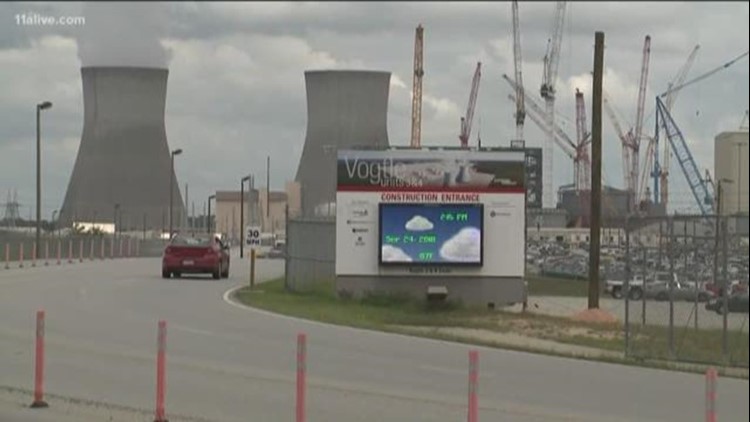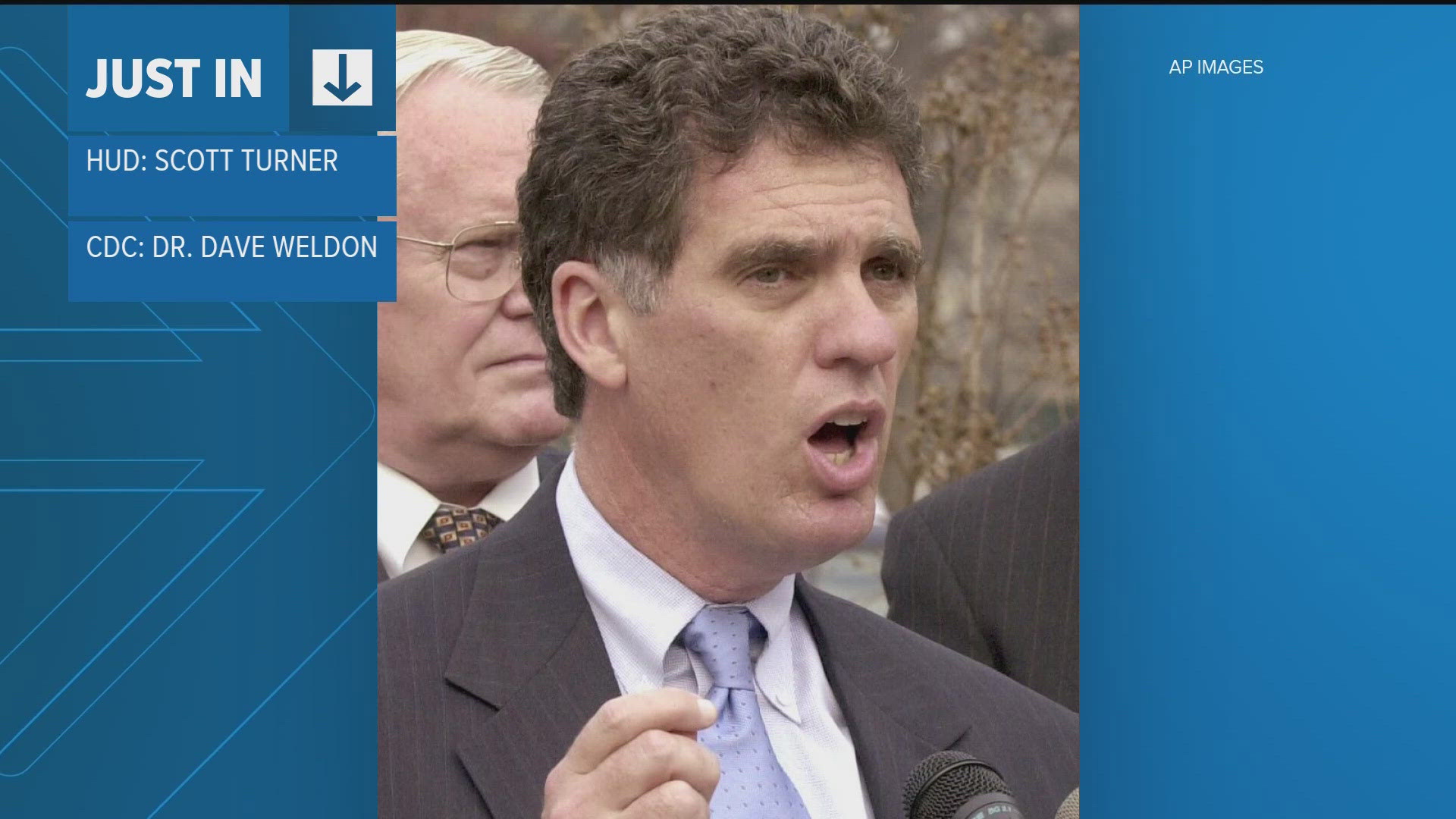WAYNESBORO, GA – All four companies with a stake in the construction of Vogtle 3 and 4 officially agreed to terms, Wednesday, on continuing with the nuclear power project, despite massive cost overruns.
Initially, two electric cooperatives decided to continue to support construction of new nuclear reactors at Plant Vogtle on Monday. But, one of them did so while issuing a public demand that Southern Company, the corporate parent of Georgia Power, pay for any additional cost overruns, and demanded a decision by 5 p.m. Tuesday.
That decision came roughly an hour before the deadline.
“We are all pleased to have reached an agreement and to be moving forward with the construction of Vogtle Units 3 & 4 which is critical to Georgia’s energy future,” the co-owners said in a joint statement. “While there have been and will be challenges throughout this process, we remain committed to a constructive relationship with each other and are focused on reducing project risk and fulfilling our commitment to our customers.”
In connection with the votes to continue construction, all four of the co-owners agreed to "finalize and execute definitive agreements which helps mitigate financial exposure for each of them."
The construction of reactors three and four has been underway for a decade at the sprawling Burke County site east of Waynesboro. The original construction budget was $15 billion. It’s now past $30 billion and well past its original completion date. The project is now due to be finished in 2022.
“Southern Company should be willing to bear further risk of (Vogtle’s) missed budgets, not our members,” Mike Smith, president and CEO of Oglethorpe Power, was quoted as saying in a news release Monday evening.
Oglethorpe has a 30 percent stake in the Plant Vogtle project. Oglethorpe represents rural electric utilities.
Earlier Monday, a municipal utility co-op called MEAG voted to continue to support Vogtle. One of MEAG’s members tried to lead a revolt against the project. Jacksonville FL-based JEA bought billboards around metro Atlanta describing Vogtle as a “$30 million mistake.”
The project has enjoyed political support in Georgia, with as many as 7,000 construction jobs at the site.
“It’s certainly a huge project. We feel very fortunate it’s in our community and we do reap the benefits from it,” said Ashley Roberts of the Burke County Chamber of Commerce. Last week, Gov. Nathan Deal sent a letter to Georgia Power urging completion of the project.
Yet last week, 30 members of the legislature wrote to Georgia Power asking the utility to establish “a cost cap, that protects all Georgia electric ratepayers from this and future overruns.”
The new units will be the first to be built in the United States in more than 30 years according to MEAG Power. The new reactors are expected to generate enough electricity to power about 500,000 homes and businesses.
But Governor Deal, a proponent of the project, commended the decision by the co-owners of the plant.
"This project will ensure that Georgia citizens have a long-term, affordable and sustainable energy source, while also creating thousands of jobs," he said.
Senators Johnny Isakson and David Perdue also released a joint statement about the move with Isakson pointing out that he was a longtime supporter of the project.
"Today's agreement allowing the completion of Plant Vogtle is a huge step forward to strengthen America's nuclear security and energy security and to preserve the more than 7,000 Georgia jobs created by this project," Isakson said.
Perdue said the project is a step toward making the U.S. - and Georgia - a leader in nuclear energy.
"For the country's long-term energy independence, it is imperative that this project be completed," he said.
Still, not all energy providers are in lock-step with the decision. Serving customers in the southern part of the state, Jacksonville, Florida-based JEA had strong words against the lengthy project.
"This decision saddles ratepayers with the burden of funding the project’s more than $30 billion price tag," the company said in a statement. "There is no guarantee that this amount will not continue to increase, so JEA will continue to act in finding a resolution that protects the interest of ratepayers in Georgia, Alabama and northeast Florida first."



